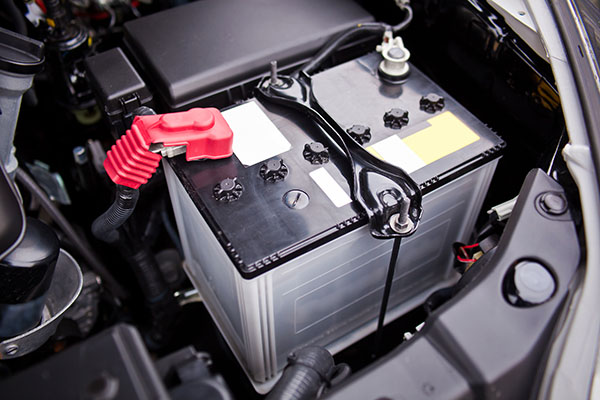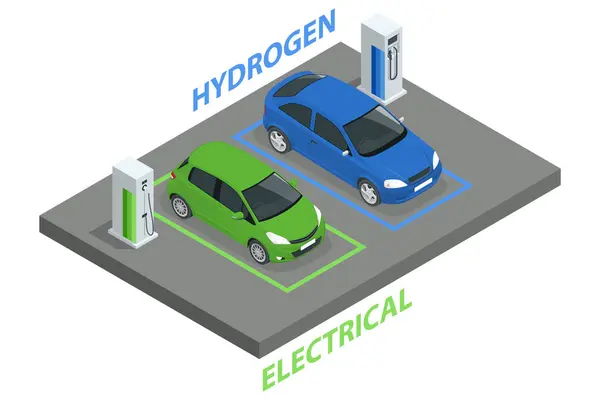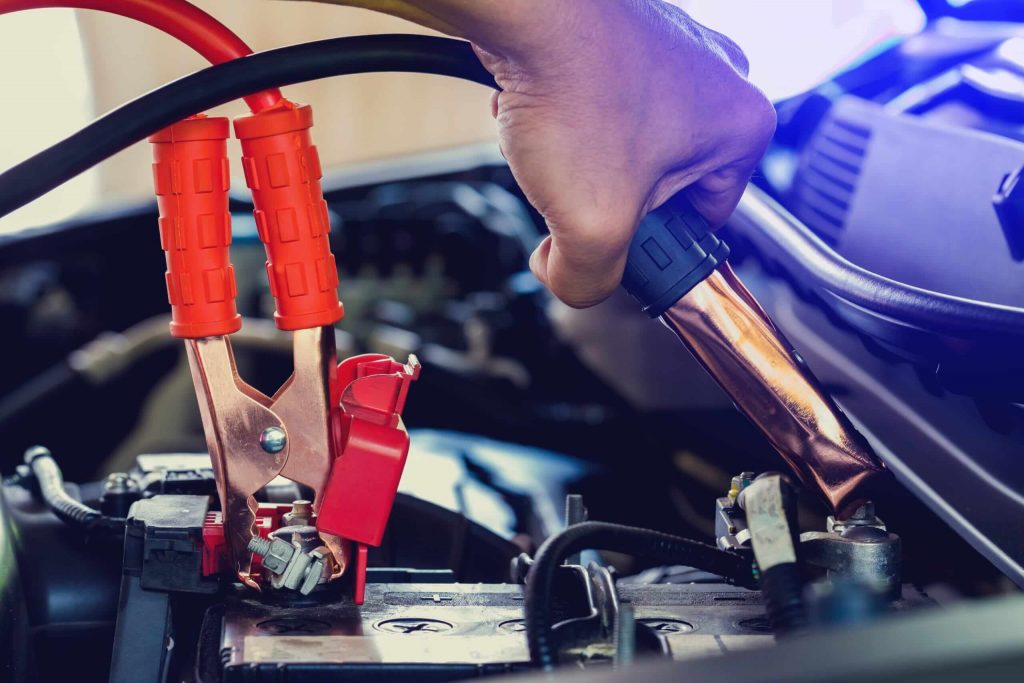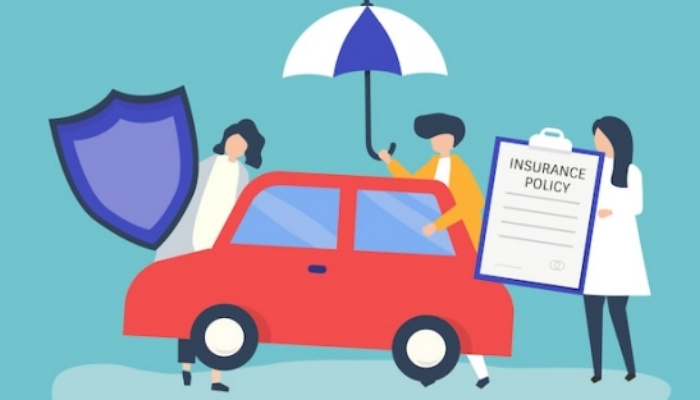Battery is one of the most crucial components that a car is equipped with. They are responsible for the smooth functioning of the engine when you start your vehicle, and other facilities like your light, radio, or even your car’s air conditioning system.
But what do you do when your car battery has completely drained out? Will your car insurance cover the costs of replacing the old one with a new one? Let’s break it down.
Table of Contents
ToggleWhat Does the Car Battery Do?

The car battery is a crucial component of the vehicle, often referred to as the heart of the car. It helps provide the initial energy required to start the car’s engine. However, once the engine starts running, the alternator charges the battery, which then powers various electrical systems. Without a charged battery, your car won’t even start, making battery charging essential.
The car battery also powers auxiliary circuits inside the vehicle, including headlights, interior lighting, air conditioning, and the radio. If you notice any issues with these systems, it could indicate a problem with your battery. In such cases, using a portable electric car charger can provide immediate assistance to charge the battery, ensuring your vehicle continues to run smoothly in an emergency.
Does Car Insurance Cover Car Batteries?
The simple answer is: No, car insurance does not include the cost of replacing or even repairing the car battery. Why? Car insurance is structured to cover specific risks such as an accident, theft, or damage caused by natural calamities like hail or flood. The latter, car batteries, are categorized as a maintenance item.
The only circumstance in which you would be requested to return the battery is if the battery got damaged through something that you had insured, say through an accident. For instance, if a battery of your car was affected in an accident, insurance might be able to help in reimbursement of the cost of repairing the item but not the battery unless this is part of the overall estimated cost of the car.
EVs and Hybrid Vehicles

The rules are slightly different for electric and hybrid cars. It is important to understand that these vehicles have far more sophisticated battery systems than what conventional automotive manufacturers have described.
In EVs, the battery is essential to the entire operation of the vehicle, so the cost of a replacement battery can be significantly higher than for traditional gas-powered cars.
With hybrid cars, the situation is similar, though the vehicle still has a regular 12V battery in addition to the larger hybrid battery that powers the vehicle’s electric motor. Like traditional cars, the smaller 12V battery is typically not covered under insurance unless it’s damaged in an accident. The larger hybrid or EV battery might be covered if it fails under specific conditions or if there’s an accident, but it depends on your insurance policy and the terms.
It’s important to understand the terms of your policy. Some insurance companies may offer coverage for battery issues under an extended warranty or separate vehicle service package, but it’s not typical for standard auto insurance policies to cover battery failures.
How to Handle Battery Issues Without Insurance Coverage

If your car battery dies or needs replacement, you may feel frustrated, especially if you were hoping for insurance to cover the cost. Here are a few ways you can deal with battery issues:
- Routine Maintenance: Make sure you always check the health of your car battery. Auto shops can provide you with free battery tests which are useful in preventing battery failure on your vehicle.
- Keep an Eye on Symptoms: Vibrations when the car starts or if the lights dim, it may be time for the battery to be looked at. It helps to attend to such symptoms early to prevent being trapped in an emergency.
- Extended Warranties or Roadside Assistance: Buy an additional warranty or join an automobile club that would offer assistance on the road in case of a breakdown. Some of these services can sometimes be used to settle for a new battery or emergency services if your battery has feebly.
- DIY Replacement: Car batteries are often simple to replace, and you can usually find affordable options. Some auto parts stores will even help you replace the battery at no extra charge if you purchase it from them.
- Shop Around for a New Battery: Compare prices from different retailers. Car batteries can vary in price depending on the type and size needed for your vehicle. Shopping around can help you save money on a new battery.
- Check Your Warranty: If your car is still under warranty, it’s worth checking if the battery is covered. Some new car warranties cover battery replacement for a limited time, especially for EVs or hybrids.
- Avoid Unnecessary Wear and Tear: Extreme weather can reduce battery life. Avoid short trips where the battery doesn’t get fully charged, as this can weaken it over time. In colder climates, consider using a battery blanket to keep the battery warm and maintain its performance.
Conclusion
While car insurance is great for covering a variety of incidents, it doesn’t typically cover battery replacements or repairs. Your car’s battery is considered part of your regular vehicle maintenance, and unless it’s damaged in an accident, you’ll need to handle the costs out of pocket.
However, it’s not all bad news. You can take steps to maintain your battery, extend its life, and find ways to save money when replacement time comes. Keep an eye on your vehicle’s electrical systems and get regular battery checks to avoid the inconvenience of being stuck with a dead battery.
If you own an electric or hybrid vehicle, be sure to review your policy carefully, as these cars may offer more battery-specific coverage under certain circumstances.
If you’re looking for help with your vehicle insurance, MoreDayDC is here to provide expert advice and coverage tailored to your needs. We offer great deals on insurance policies that can help you protect your car, including options for electric vehicles. Visit us today to learn more about how we can help!
Related reading: How Many Amps to Charge an EV?


